Description
Methylcobalamin: The Methylated Marvel of Vitamin B12
Vitamin B12 is an essential nutrient vital for a myriad of bodily functions, playing a key role in nerve health, DNA synthesis, and the formation of red blood cells. While many are familiar with vitamin B12 in general, few realize that it exists in different forms, each with its own unique properties and potential benefits. Among these, methylcobalamin stands out as a particularly valuable and bioavailable form of B12.
Understanding Methylcobalamin
Methylcobalamin is one of the two active coenzyme forms of vitamin B12 in humans. The “methyl” refers to a methyl group (CH3) attached to the cobalamin molecule. This methylation is significant because it allows methylcobalamin to participate directly in crucial metabolic processes.
Why Choose Methylcobalamin?
The primary advantage of methylcobalamin lies in its superior bioavailability and retention compared to other forms of B12, such as cyanocobalamin. Cyanocobalamin, the most commonly used form in supplements, requires the body to convert it into active forms like methylcobalamin and adenosylcobalamin. This conversion process can be less efficient for some individuals, especially those with certain genetic variations or health conditions.
Methylcobalamin, being already in an active form, can be utilized directly by the body, potentially leading to faster and more effective results.
Key Benefits of Methylcobalamin
- Nerve Health & Neurological Function: Methylcobalamin plays a pivotal role in maintaining the health of the myelin sheath, a protective coating around nerve fibers. It is often used to support nerve regeneration and alleviate symptoms of peripheral neuropathy, a condition characterized by nerve damage that can cause numbness, tingling, and pain, particularly in the hands and feet.
- DNA Synthesis & Cell Replication: As a crucial component in the production of DNA, methylcobalamin is essential for cell growth and replication. This is particularly important for the development of red blood cells, preventing megaloblastic anemia.
- Energy Production & Metabolism: Methylcobalamin participates in the metabolism of homocysteine, an amino acid that, when elevated, can increase the risk of cardiovascular disease. By converting homocysteine into methionine, methylcobalamin helps maintain healthy homocysteine levels and supports overall cardiovascular health. It also contributes to energy production by supporting the proper functioning of the citric acid cycle.
- Brain Health & Cognitive Function: Methylcobalamin supports healthy brain function by contributing to the synthesis of neurotransmitters and protecting against neuronal damage. Research suggests it may play a role in improving cognitive function and memory, especially in individuals with B12 deficiencies.
- Sleep Regulation: Some studies indicate that methylcobalamin may influence melatonin production, a hormone that regulates sleep-wake cycles. By supporting healthy melatonin levels, methylcobalamin might contribute to improved sleep quality.
Who Might Benefit from Methylcobalamin?
While everyone needs vitamin B12, certain individuals may particularly benefit from supplementing with methylcobalamin:
- Vegetarians and Vegans: Individuals following plant-based diets are at higher risk of B12 deficiency due to its primary source being animal products.
- Older Adults: Absorption of B12 often decreases with age.
- Individuals with Digestive Disorders: Conditions like Crohn’s disease, celiac disease, and atrophic gastritis can impair B12 absorption.
- People taking Certain Medications: Some medications, such as metformin (used for diabetes) and proton pump inhibitors (used for acid reflux), can interfere with B12 absorption.
- Individuals with Neurological Conditions: Those experiencing nerve pain, tingling, or numbness may find relief with methylcobalamin supplementation.
- People with MTHFR Gene Mutations: Individuals with specific MTHFR gene mutations may have difficulty converting cyanocobalamin into active forms, making methylcobalamin a more suitable option.
Dosage and Safety Considerations
The recommended daily intake of vitamin B12 for adults is around 2.4 micrograms. However, supplementation dosages can vary depending on individual needs and the severity of any deficiency. It’s crucial to consult with a healthcare professional to determine the appropriate dosage for your specific situation.
Methylcobalamin is generally considered safe, with a low risk of toxicity. However, some individuals may experience mild side effects such as diarrhea, nausea, or headache.
Conclusion
Methylcobalamin offers a bioavailable and efficient way to ensure adequate vitamin B12 intake. Its direct involvement in crucial metabolic processes makes it a valuable supplement for supporting nerve health, energy production, DNA synthesis, cognitive function, and overall well-being. If you suspect you may be deficient in B12 or are looking to optimize your health, consider discussing methylcobalamin with your doctor or a qualified healthcare practitioner to determine if it’s the right choice for you.

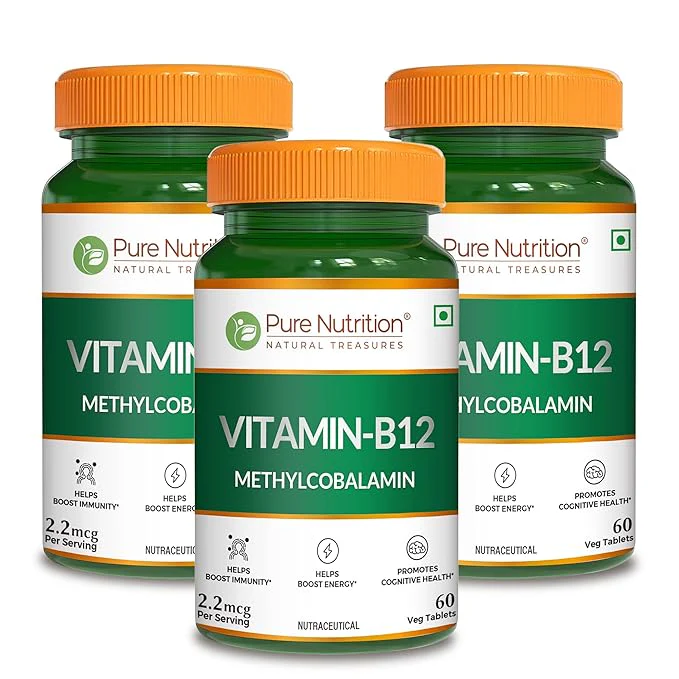
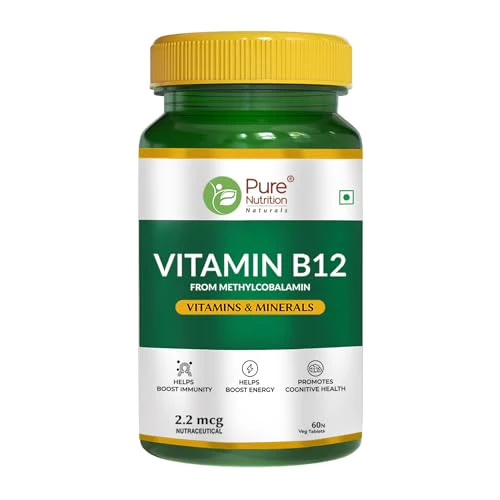
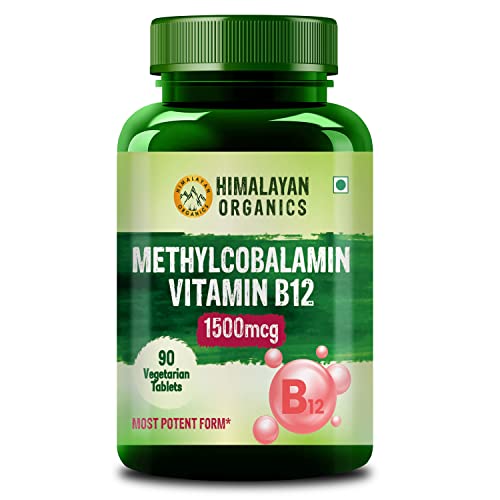
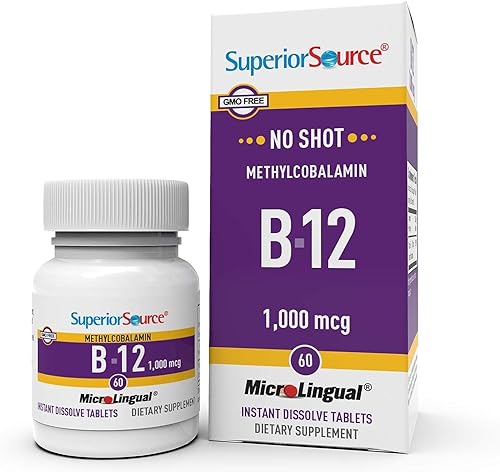
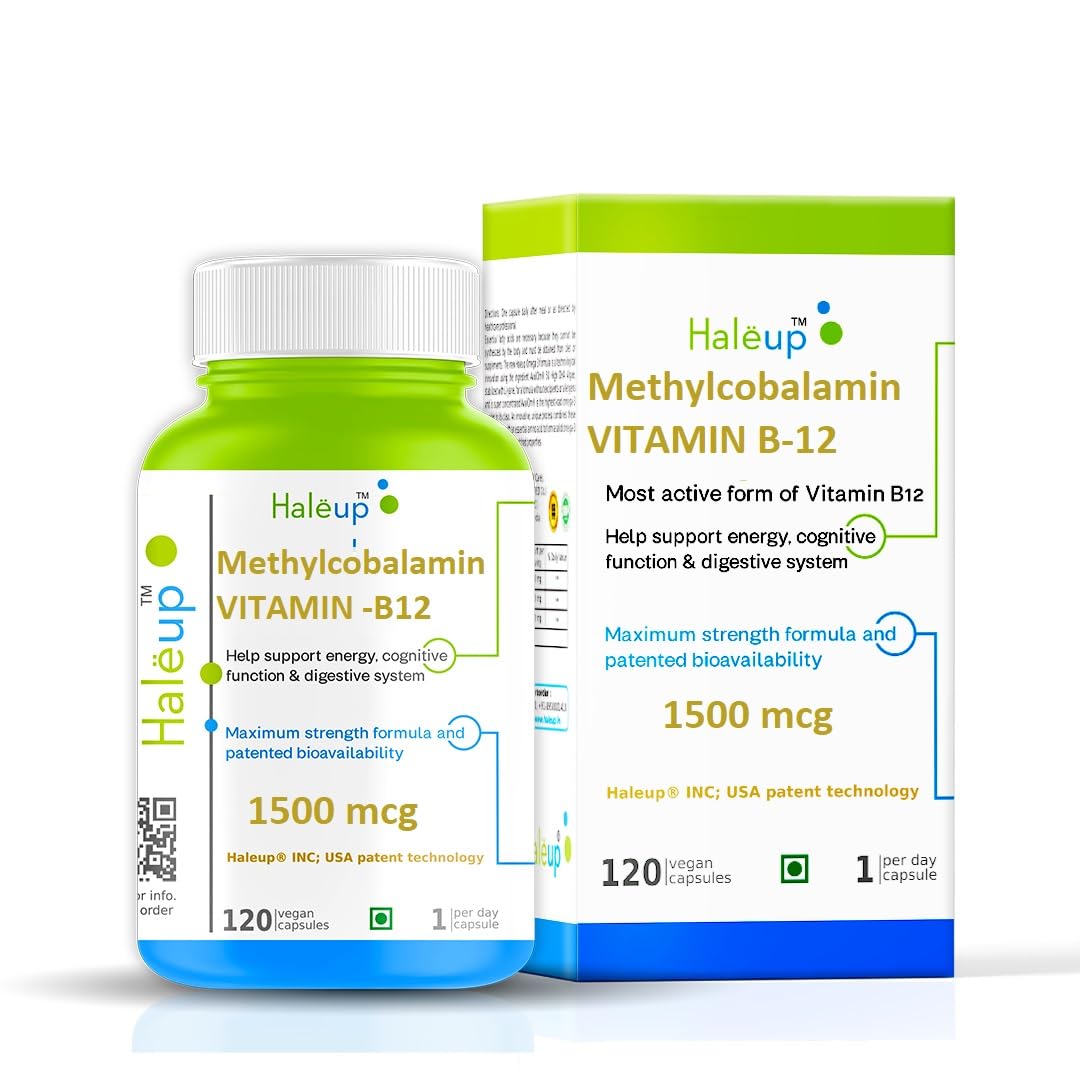
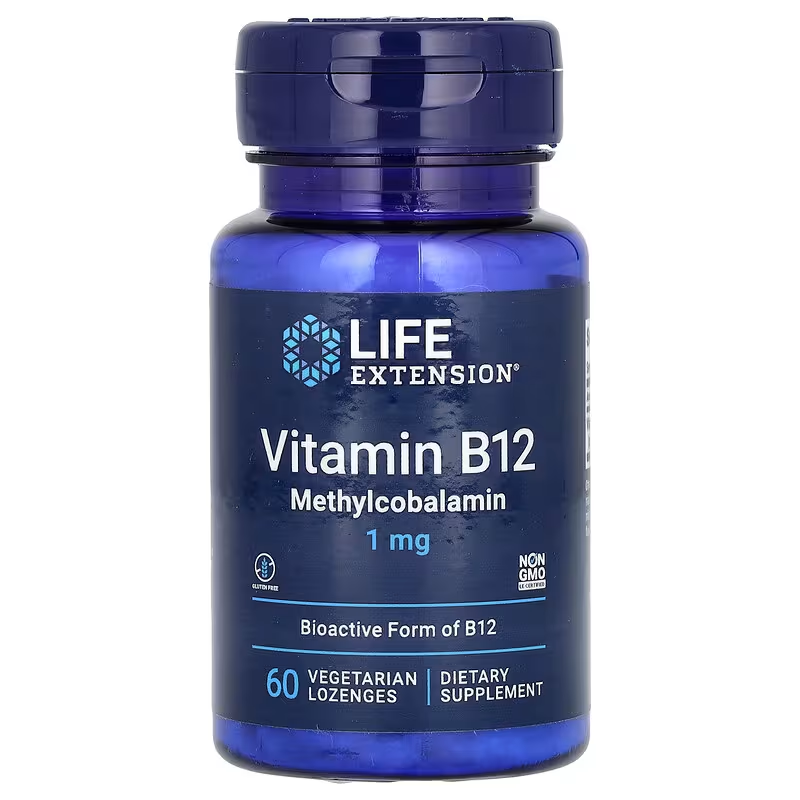
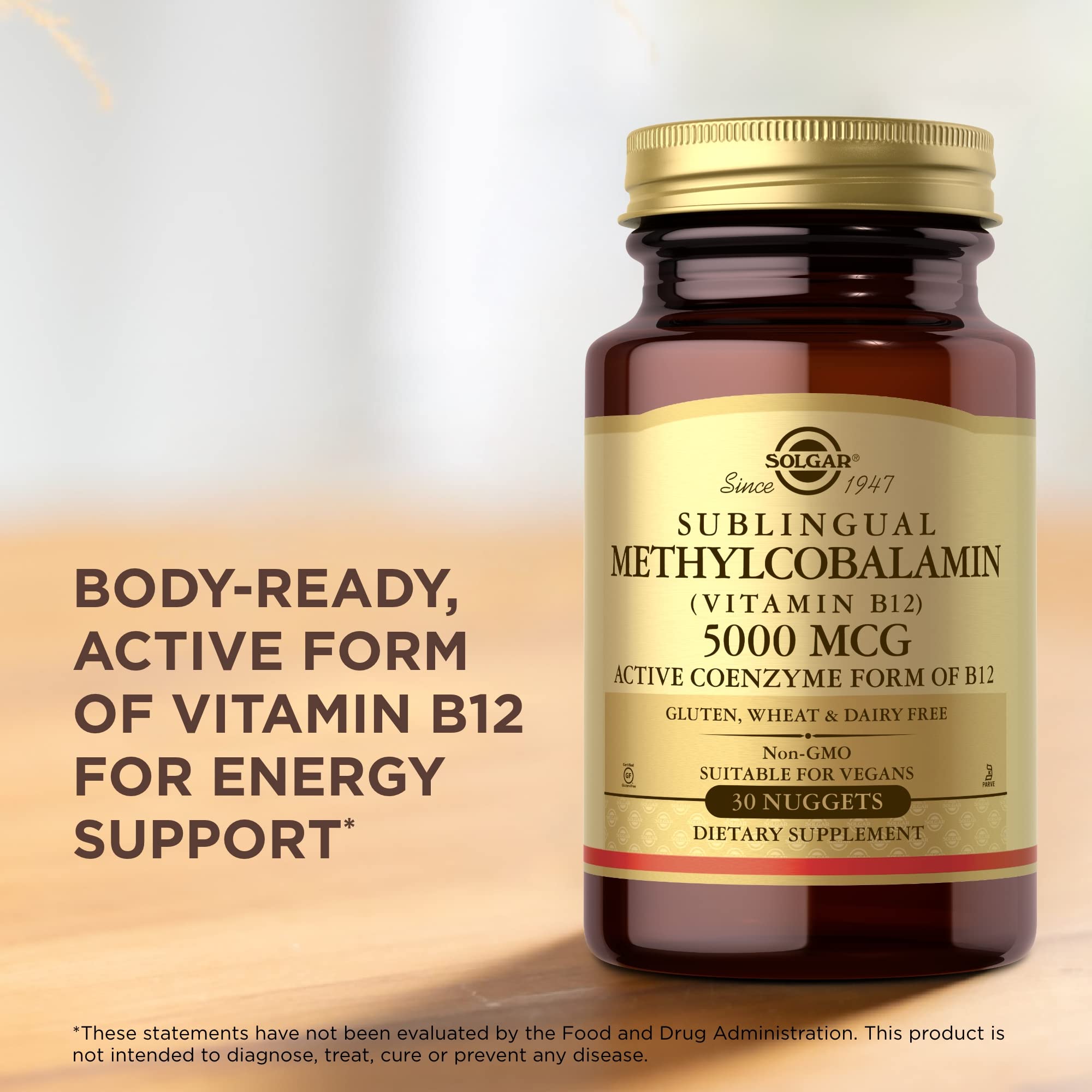
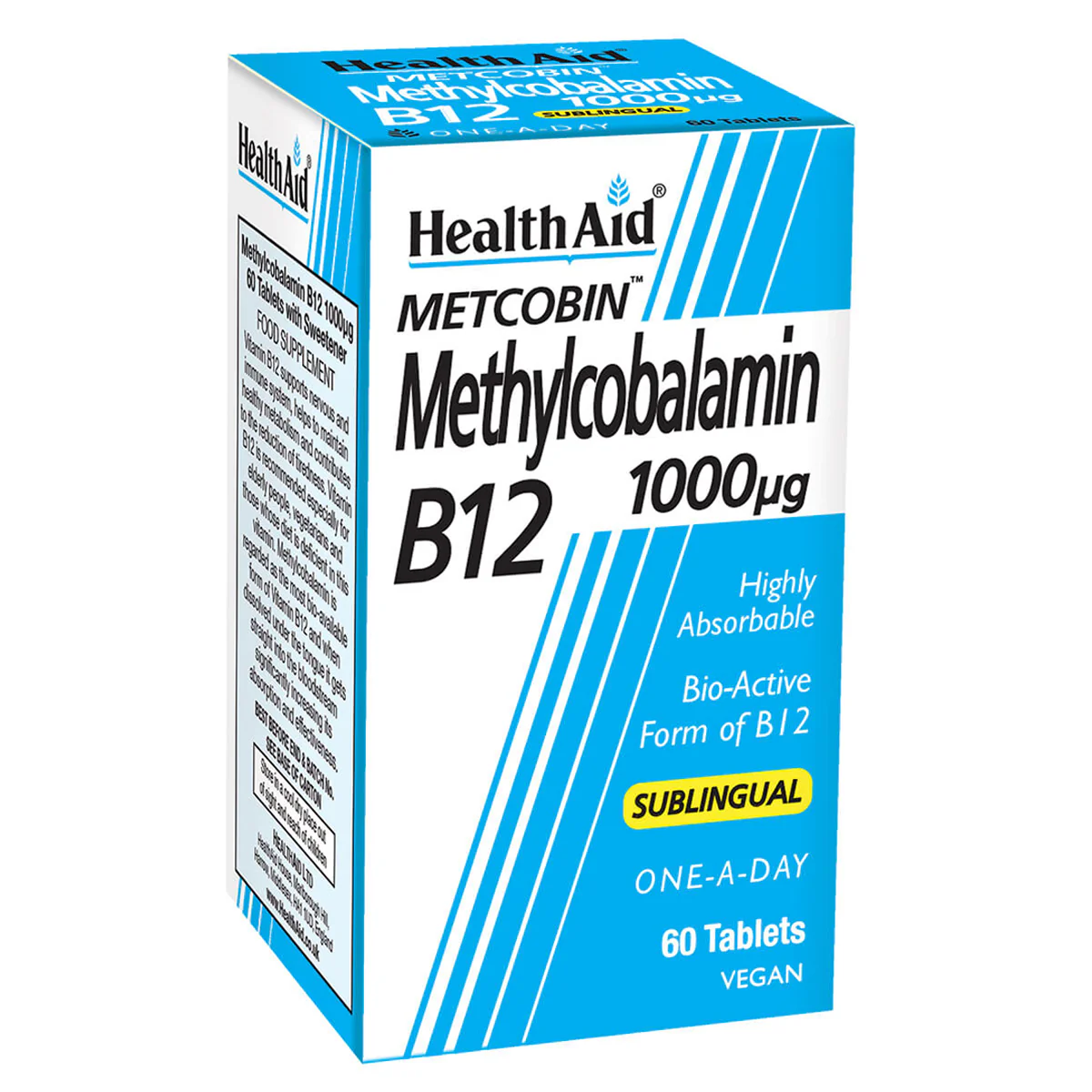
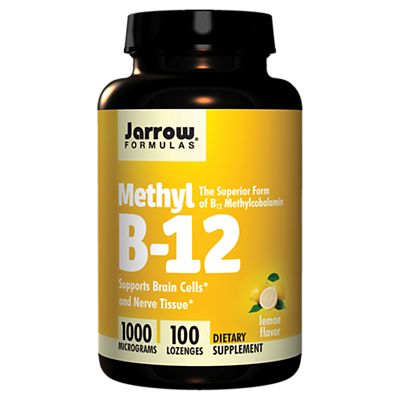
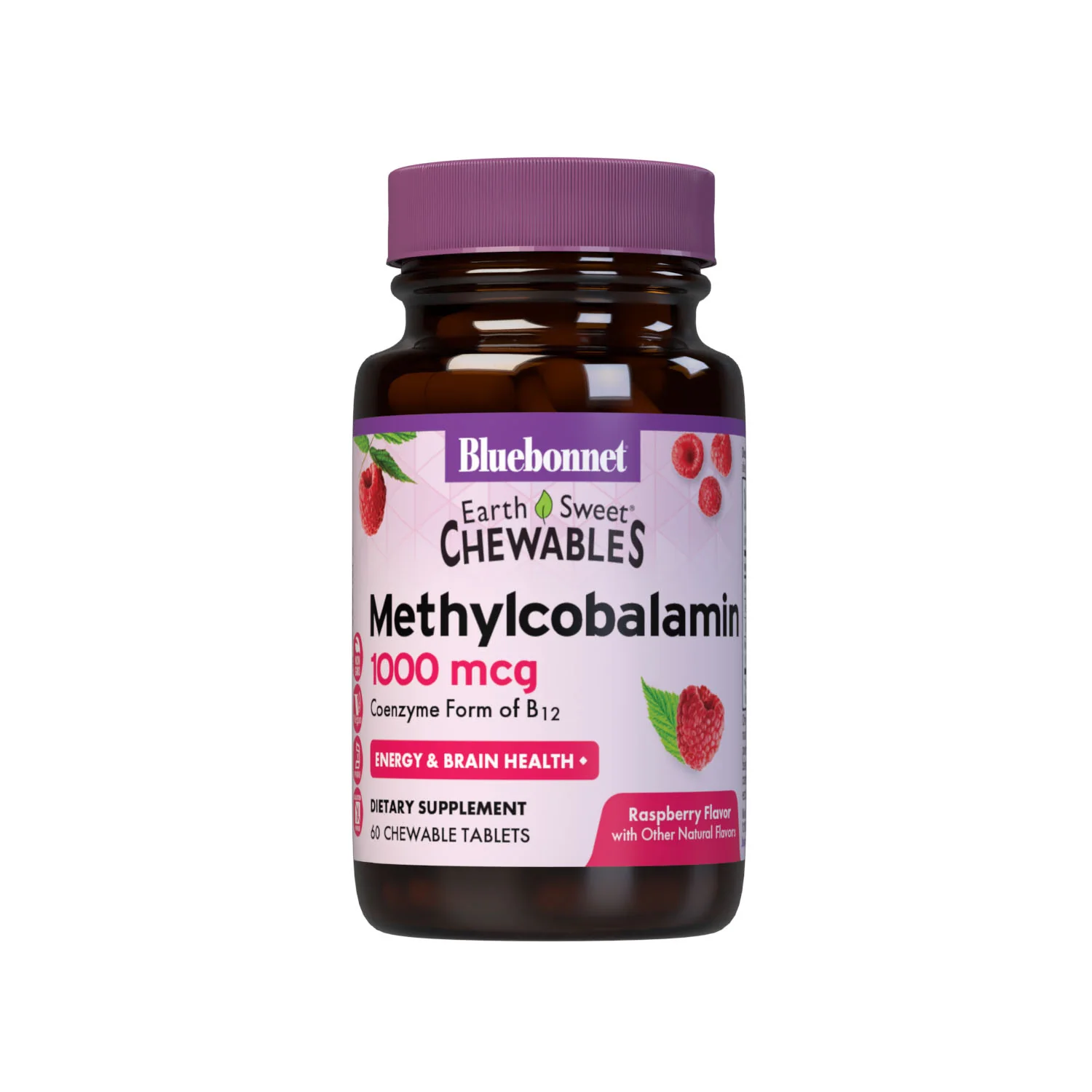
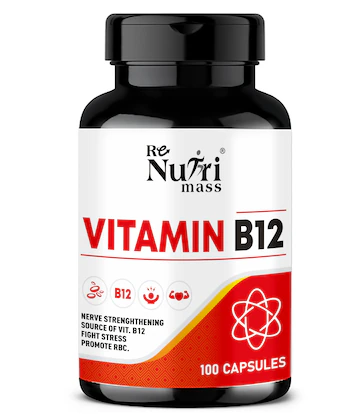


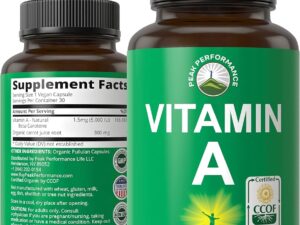

Reviews
There are no reviews yet.